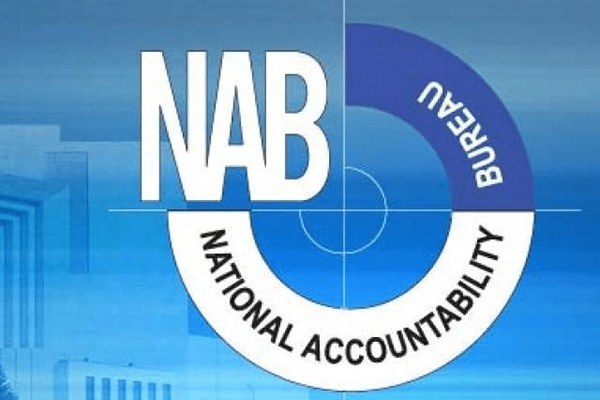
File photo
Opposition accuses government of trying to grant itself amnesty from graft watchdog’s proceedings
The Pakistan Tehreek-e-Insaf (PTI)-led government on Monday notified new amendments to the National Accountability Ordinance, authorizing the president as the sole authority empowered to remove the graft watchdog’s chairman.
The National Accountability (Third Amendment) Ordinance, 2021, promulgated on Oct. 31, comes into effect “immediately,” with all amendments to take effect from Oct. 6 when the second amendment was promulgated. The key change in the latest amendment concerns the removal of the NAB chairman.
Earlier, the NAB chairman’s service ended after the completion of a 4-year tenure. There was no formal process for the removal of the NAB chairman prior to the completion of his tenure. The next NAB chief would then be selected after discussions between the Leader of the House and the Leader of the Opposition in the National Assembly. The Oct. 6 amendment altered this, making the president a “go-between” who would consult with both leaders on the NAB chairmanship.
In the latest amendment, the process for removing the NAB chairman has been altered even further. Amendments to Section 6 (b)(v) suggest the chairman would hold office for four years on such terms and conditions as may be determined by the president, and could only be removed by the president under the same process as the removal of a judge of the Supreme Court. However, while the removal of a judge of the Supreme Court requires the filing of a reference before the Supreme Judicial Council, the removal of the NAB chairman would be determined by the president himself.
The new amendment also seeks to clarify that all proceedings, including inquiries, investigations, references or trials, commenced under the NAB ordinance prior to Oct. 6 in relation to offenses under the Anti-Money Laundering Act, 2010 would be dealt with in accordance with the ordinance. Further, courts would have the jurisdiction to enforce the Anti-Money Laundering Act in any proceedings, including reference or trial.
Similarly, an amendment to Section 16 of the ordinance notes that the requirement for recording evidence would continue as is until electronic facilities could be installed, adding that if evidence cannot be recorded electronically for any reason, it would recorded according to the procedure prior to the installation of electronic facilities.
Both the Pakistan Peoples Party and the Pakistan Muslim League (Nawaz)—the country’s two biggest opposition parties—have criticized the amended NAB ordinance. Senator Sherry Rehman of the PPP, in a statement, said the amendments ensured that NAB could only target the opposition and not the incumbent government. Leader of the Opposition Shahbaz Sharif, who is also the president of the PMLN, meanwhile, accused Prime Minister Imran Khan of granting himself amnesty through the NAB ordinance.
